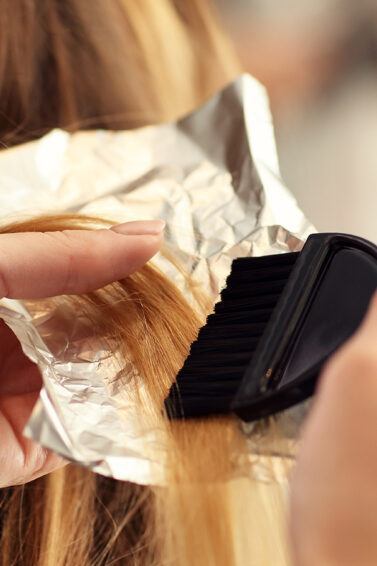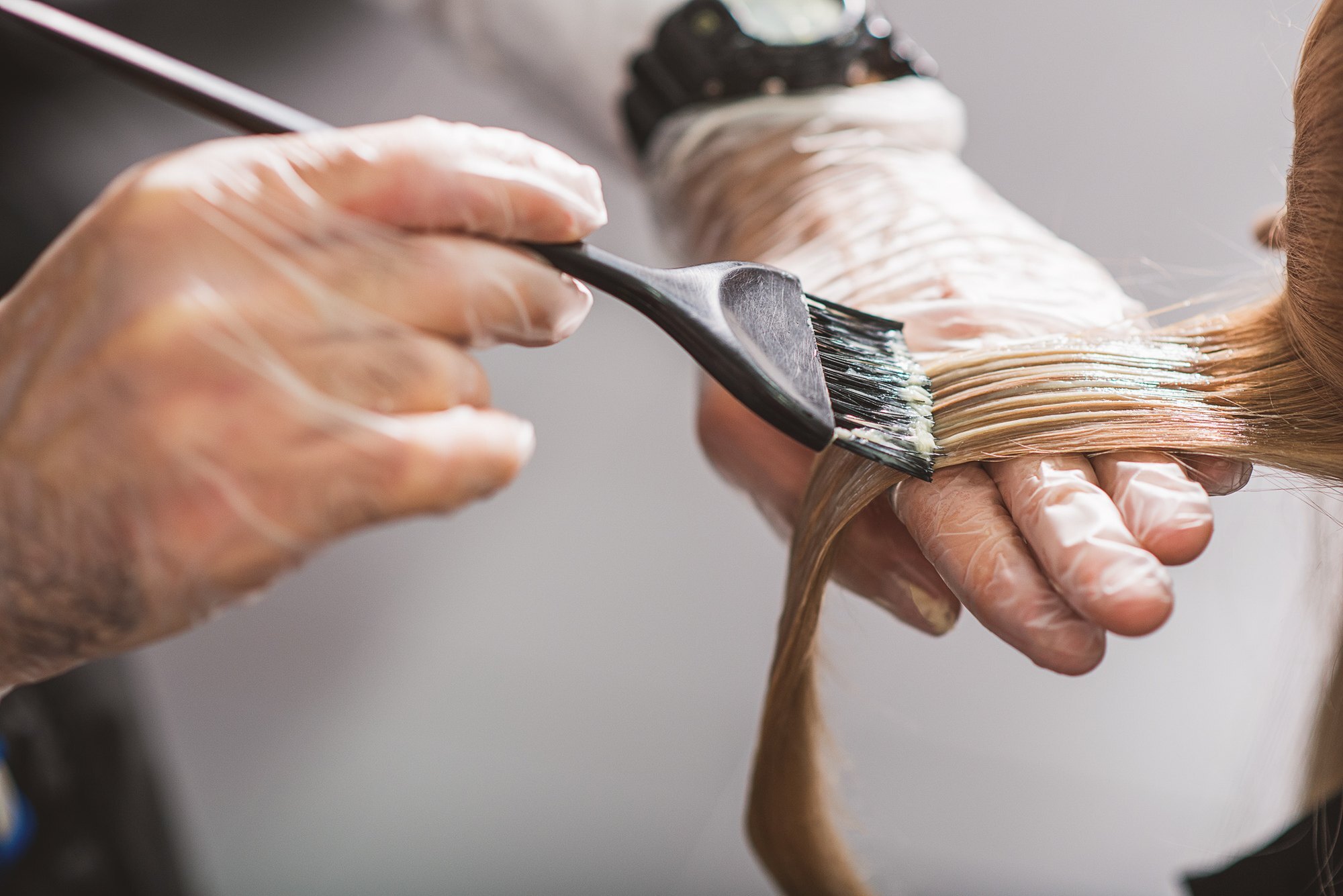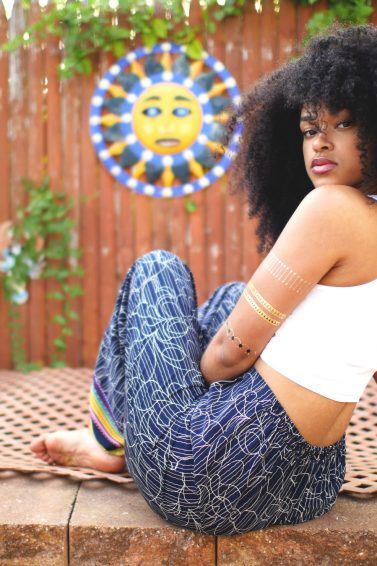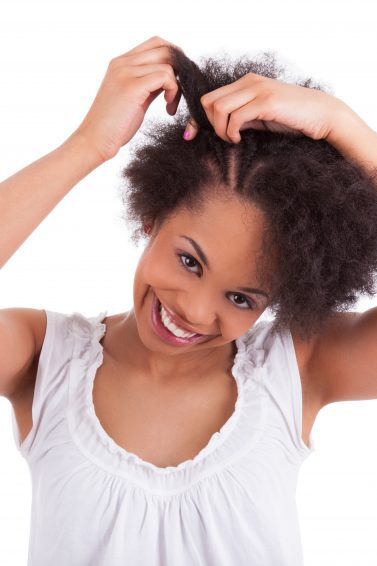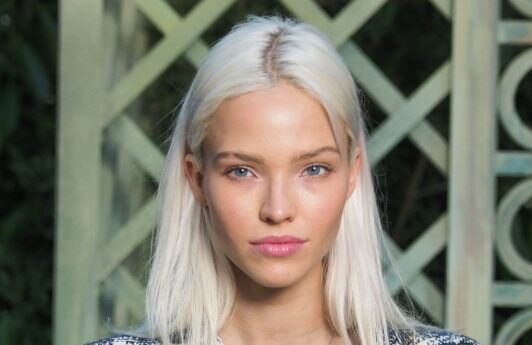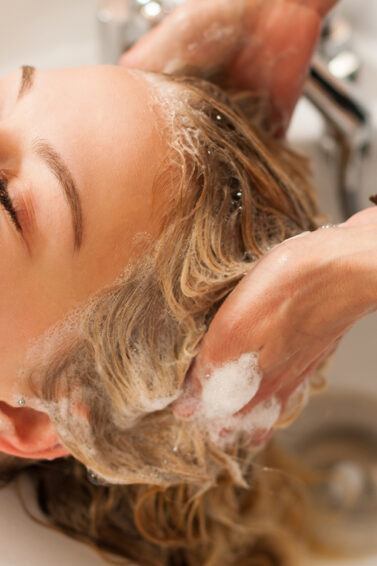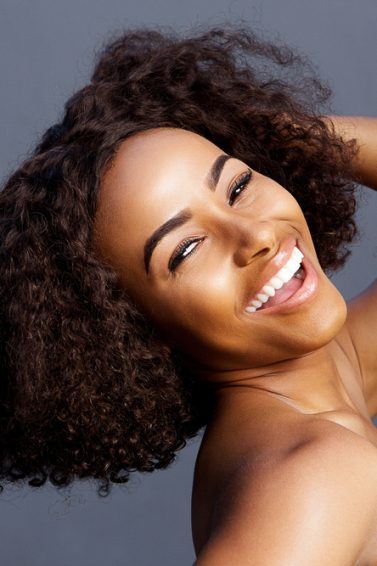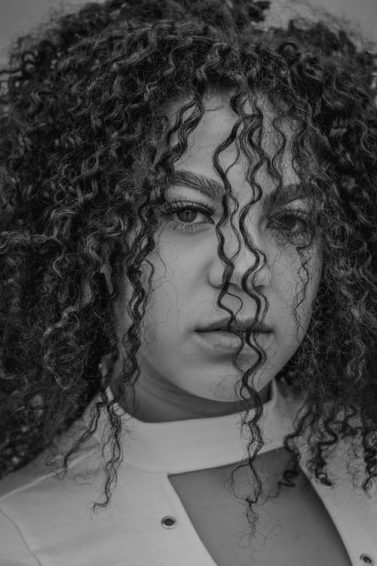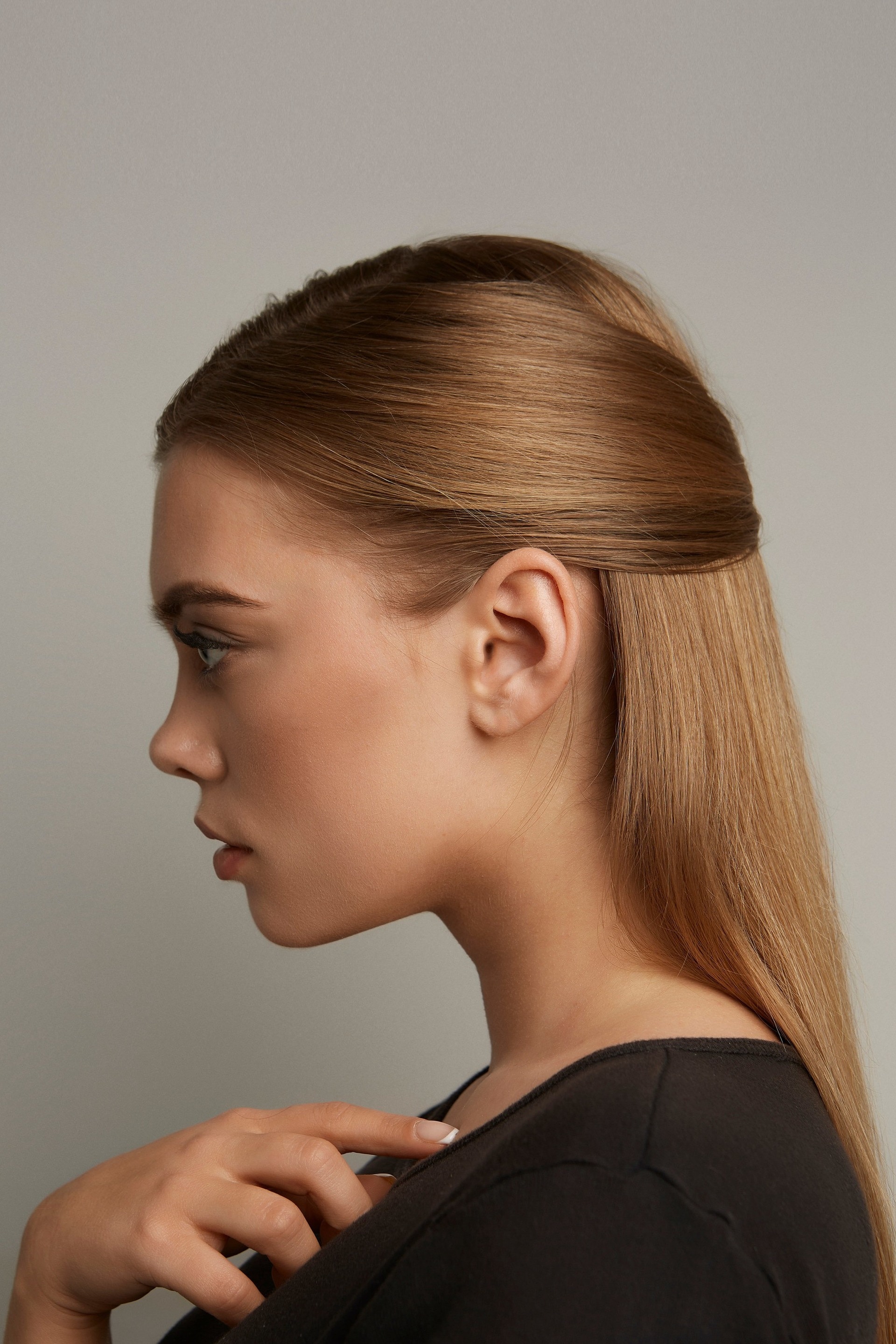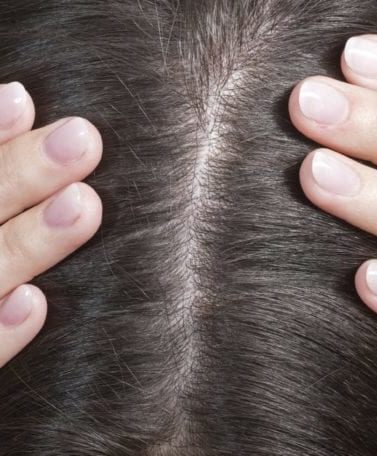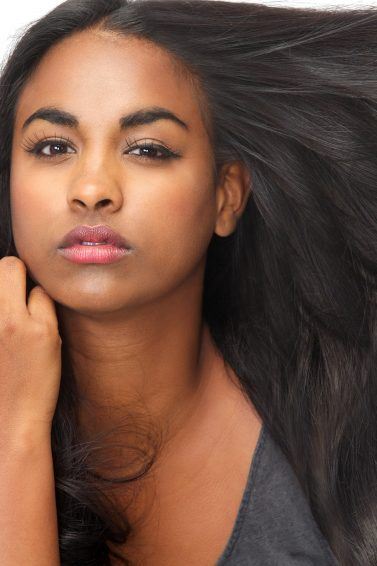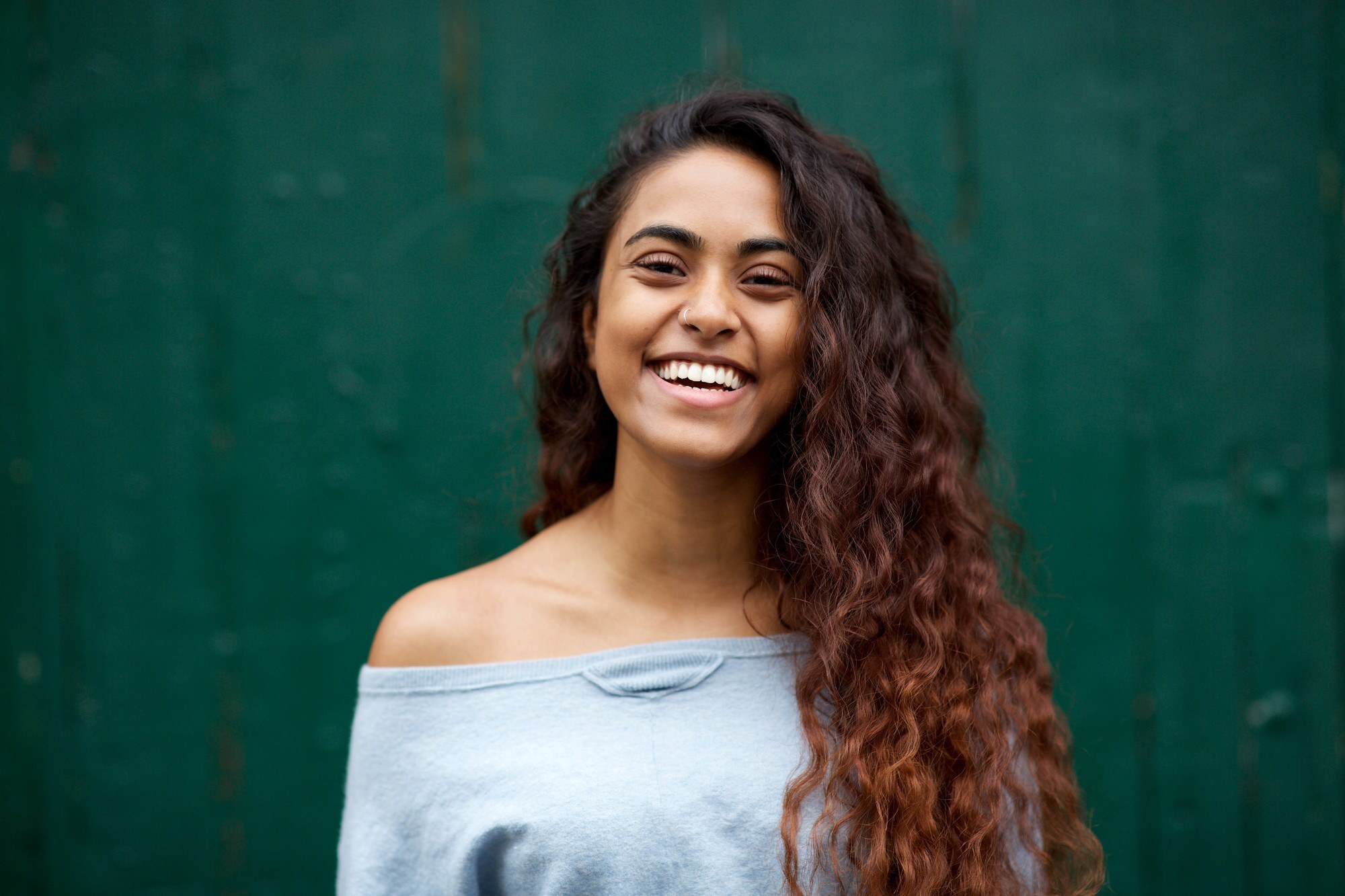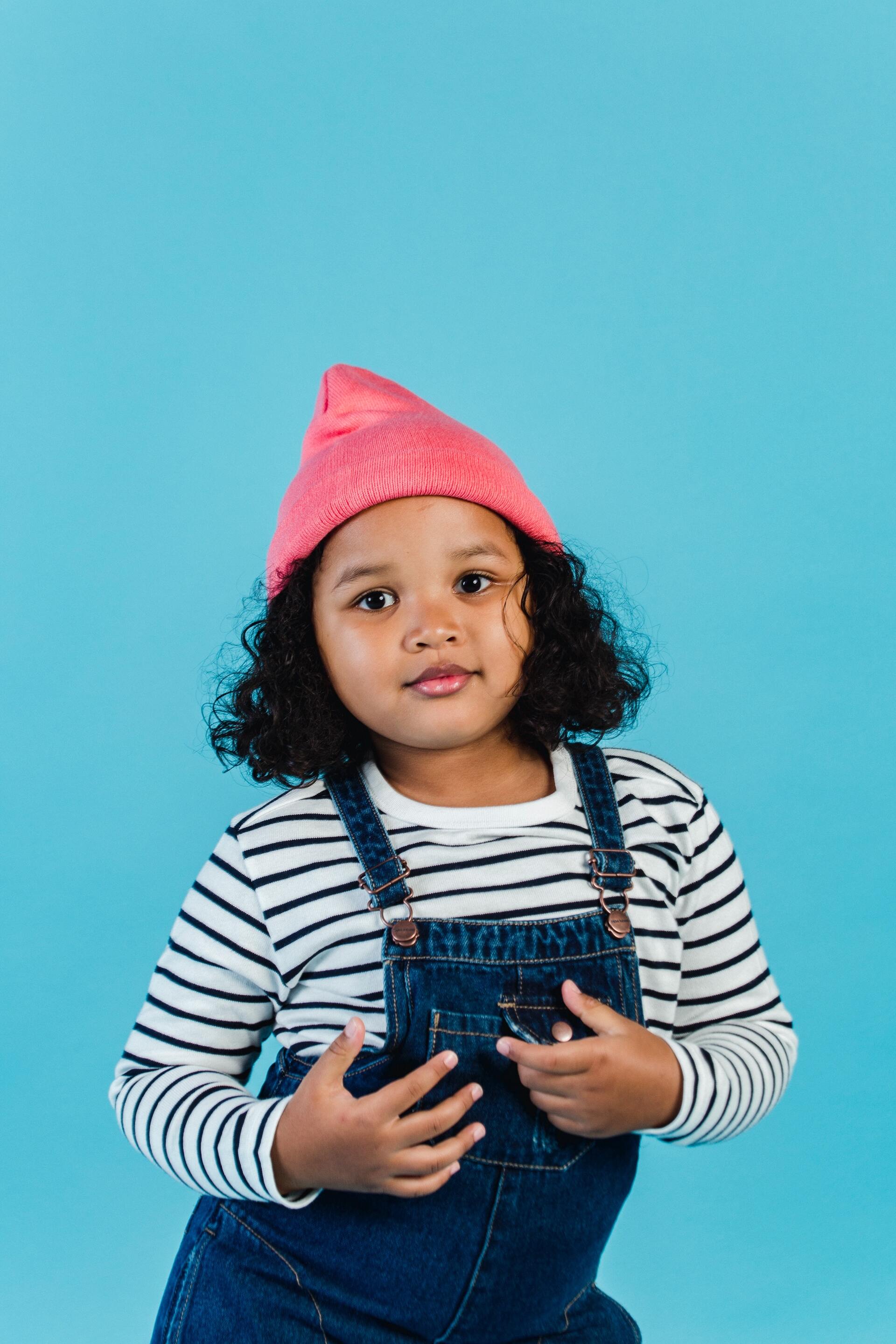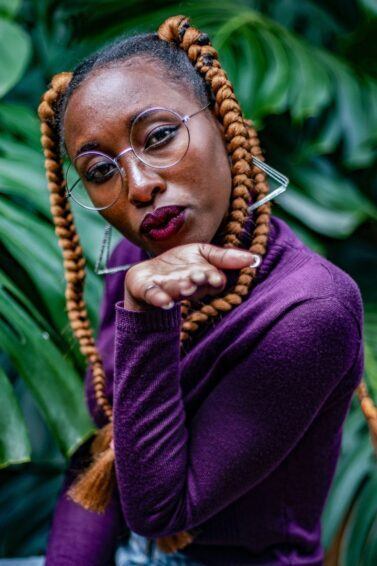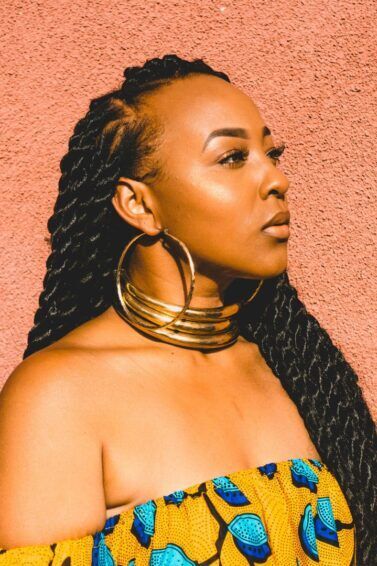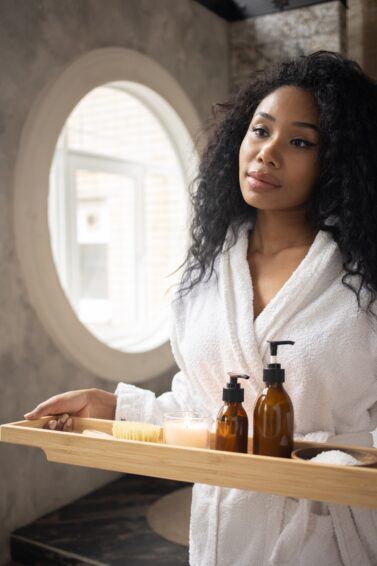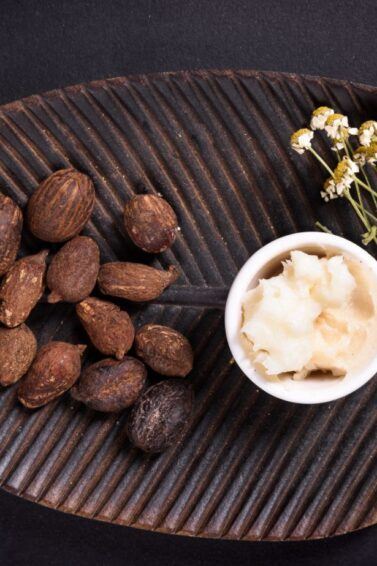Hacks & Inspiration
from Hair Experts at Unilever
5 Ways to Treat Itchy Scalp After Hair Dye for Beginners
New hair colour not agreeing with your scalp?
Kendra | December 12, 2019
New hair colour not agreeing with your scalp?
Having an itchy scalp after hair dye is a fairly common issue. Many hair dyes contain chemicals that can cause your scalp to react and feel itchy, especially when the hair dye is sitting on your scalp for an extended period of time. You’ll need to be careful with your extra tender scalp for a few days while you recover, but then you get to enjoy your new hue in all its vibrant glory.
1. Always do a patch test.
Most professional salon dye and box dye you can pick up at the store have a common ingredient that can cause an allergic reaction. Para-phenylenediamine (PPD) is found in both permanent and semi-permanent hair dyes that can cause dermatitis on the scalp. Having dryness on the scalp from bleaching is also common when lightening roots. To be sure that you aren’t allergic to your hair dye, always perform a patch test a day or two before dyeing your hair. This will give you enough time to see how your skin will react to the dye before applying it to your whole scalp.
2. Gently wash your hair and scalp.
If you do have an itchy scalp after hair dye, make sure you wash your hair and scalp gently, but thoroughly. It’s possible you can have dye residue that wasn’t fully washed away that’s causing your scalp to be irritated.
Try out Dove Colour Care Shampoo, a gentle shampoo that’s made specifically for colour-treated hair.
3. Hydrate your hair.
Make sure you always follow up your shampoo with some conditioner. Use Dove Colour Care Conditioner to hydrate your hair and your scalp.
If you have dryness on your scalp (which isn’t an allergic reaction), a hair oil treatment can also help. Use coconut oil or Moroccan oil as a scalp treatment by massaging a few tablespoons of the oil onto your scalp. Let your hair and scalp soak up the moisture from the oil for a few hours before washing it out.
4. Lay off the heat.
With an irritated scalp, you should avoid heat styling, especially by applying direct heat via a flat iron or blow dryer. With the winter months, this can be challenging. But avoiding or using less heat on your strands is also a good idea after a major colour change to help prevent maintain the integrity of the hair.
5. Give it time.
It can take a few days for your scalp to heal after you dye your hair. If you are still experiencing significant irritation after five to seven days, it’s time to check in with your doctor. You could be allergic to your hair dye, or you could have gotten dermatitis on your scalp. Your doc can determine the cause of your scalp itchiness and prescribe the best treatment and treatment plan.
Products You Might Also Like
Our Tips & Advice
- slide 1
- slide 2
- slide 3
- slide 4
- slide 5
- slide 6
- slide 7
- slide 8
- slide 9

